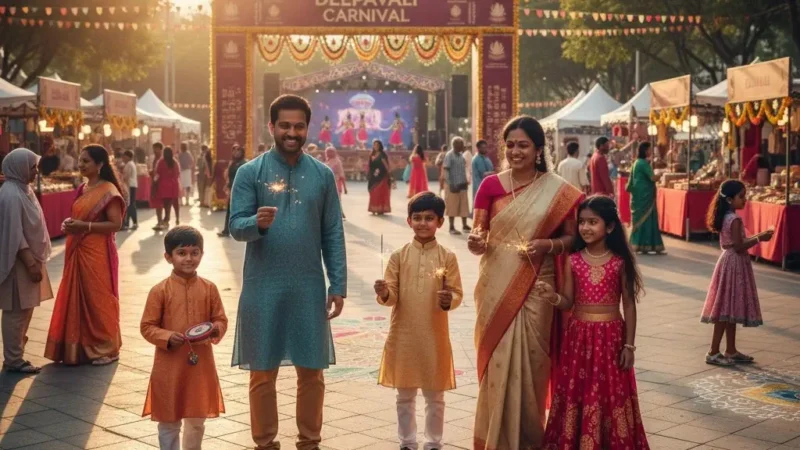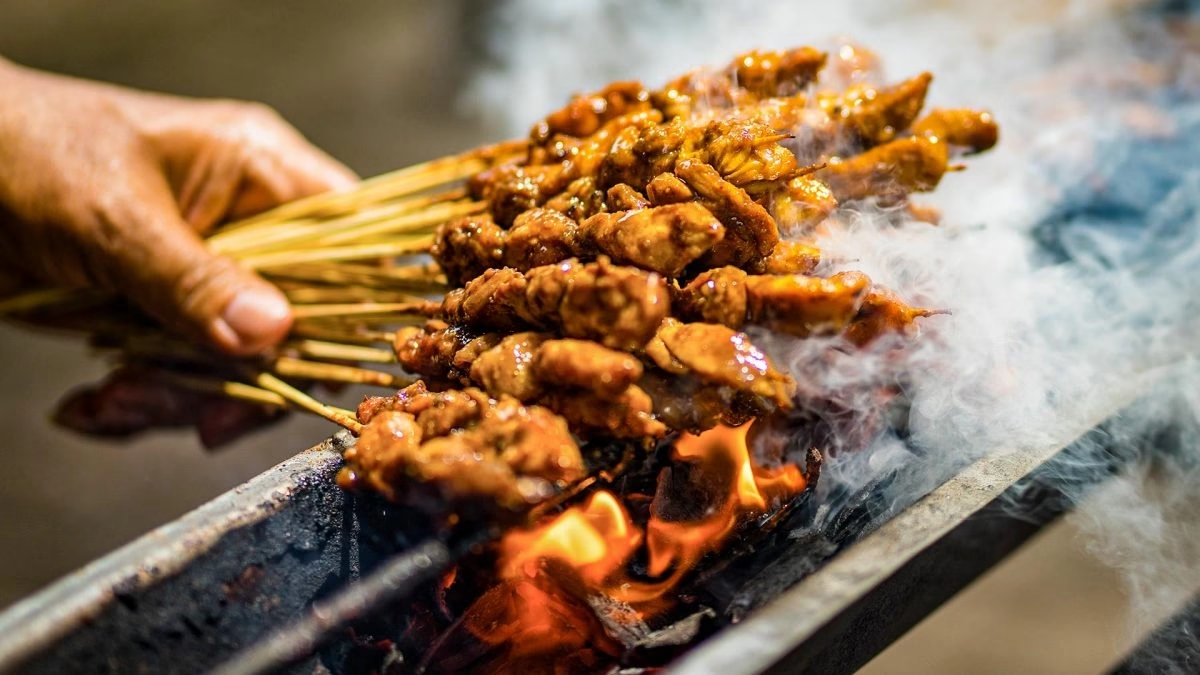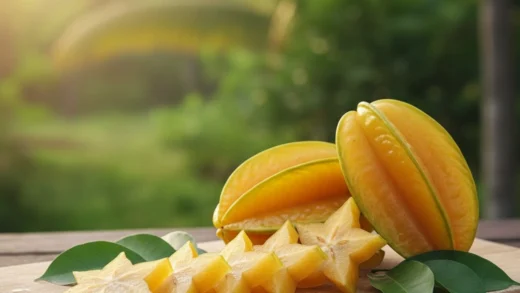Family-Friendly Deepavali Events in Malaysia

Introduction
Deepavali, also known as Diwali, is the Hindu Festival of Lights celebrated widely in Malaysia. For the Malaysian Indian community, it symbolizes the victory of light over darkness and good over evil. Deepavali is a time of joy, family gatherings, and colorful festivities that showcase Malaysia’s rich cultural diversity.
The Origins and Significance of Deepavali in Malaysia
Deepavali has a long history in Malaysia, dating back to the 19th century when Indian laborers, mainly Tamils, migrated to British Malaya. They brought with them their cultural and religious practices, including Deepavali. Over the years, the festival has evolved into a national celebration, combining traditional rituals with modern Malaysian interpretations.
Key significance:
- Symbolizes the victory of good over evil and light over darkness
- A time for family bonding, charity, and community unity
- Promotes preservation of Indian heritage within Malaysia
Long-tail keywords: Malaysian Deepavali history and culture, Deepavali traditions in Malaysia
Traditional Customs and Rituals
Pre-Festival Preparations
Families engage in several preparations before Deepavali:
- Home Cleaning & Decoration: Homes are thoroughly cleaned and decorated with kolam (intricate rice flour patterns) and oil lamps.
- Lighting Oil Lamps: Small clay lamps (diyas) are lit to symbolize positivity and prosperity.
- New Clothes & Jewelry: Wearing new traditional attire signifies renewal and readiness for blessings.
Deepavali Day Rituals
- Ganga Snanam: Sacred oil baths at dawn purify the body and soul.
- Lakshmi Puja: Prayers to Goddess Lakshmi for wealth, prosperity, and well-being.
- Temple Visits: Popular temples like Batu Caves in Kuala Lumpur and Sri Mahamariamman Temple become bustling with devotees.
Long-tail keywords: Malaysian Indian festival celebrations, where to celebrate Deepavali in Malaysia
Regional Deepavali Celebrations
Penang
- George Town’s Little India: Streets decorated with lights, rangoli, and festive stalls.
- Cultural Events: Traditional dance and music performances alongside temple rituals.
- Food & Sweets: Street vendors sell murukku, laddu, and other festive treats.
Kuala Lumpur
- Batu Caves: Illuminated with thousands of oil lamps and hosting religious ceremonies.
- Brickfields (Little India): Night markets, cultural performances, and shopping for traditional goods.
Johor Bahru
- Johor’s Little India: Known for vibrant decorations, community cultural programs, and delicious Indian cuisine.
- Family-Friendly Activities: Open houses and interactive workshops for children and families.
Ipoh
- Temple-Centric Celebrations: Families visit local temples for prayers and participate in community feasts.
- Cultural Performances: Traditional Indian dances and music enrich the festive atmosphere.
Long-tail keywords: Deepavali family activities in Malaysia, Deepavali celebrations in Penang, KL, Johor & Ipoh
Traditional Foods and Sweets
Deepavali is synonymous with festive treats prepared and shared among family and friends. Popular Malaysian Indian Deepavali foods include:
- Murukku: Crunchy spiral snack
- Laddu: Sweet flour and sugar balls
- Athu Rasam: Deep-fried sweet dough
- Mysore Pak: Rich, ghee-based dessert
- Achappam: Crispy flower-shaped cookies
Sharing sweets fosters community bonding and preserves culinary traditions.
Long-tail keywords: Deepavali sweets in Malaysia, traditional Malaysian Deepavali foods
Decorations and Family Practices
- Kolam & Rangoli: Colorful floor patterns at the entrance of homes welcome guests and deities.
- Fireworks: Evening celebrations often include fireworks that symbolize driving away negativity.
- Open Houses: Families invite friends and neighbors to share meals and celebrate together.
Long-tail keywords: Deepavali decorations Malaysia, Malaysian family Deepavali traditions
Must-Visit Temples During Deepavali
- Batu Caves, Kuala Lumpur: A major pilgrimage site illuminated during Deepavali with cultural activities.
- Sri Mahamariamman Temple, Kuala Lumpur: Offers special prayers and rituals.
- Sri Bala Thandayuthapani Temple, Seremban: Renowned for grand celebrations and performances.
Long-tail keywords: where to visit for Deepavali in Malaysia, Deepavali temple celebrations Malaysia
Conclusion
Family-friendly Deepavali events in Malaysia offer a vibrant blend of spiritual, cultural, and social experiences. Whether it’s visiting Batu Caves, exploring Little India in Penang, or enjoying traditional sweets and open houses, families can experience the warmth, joy, and rich cultural heritage of the Malaysian Indian community.







Comments are closed.